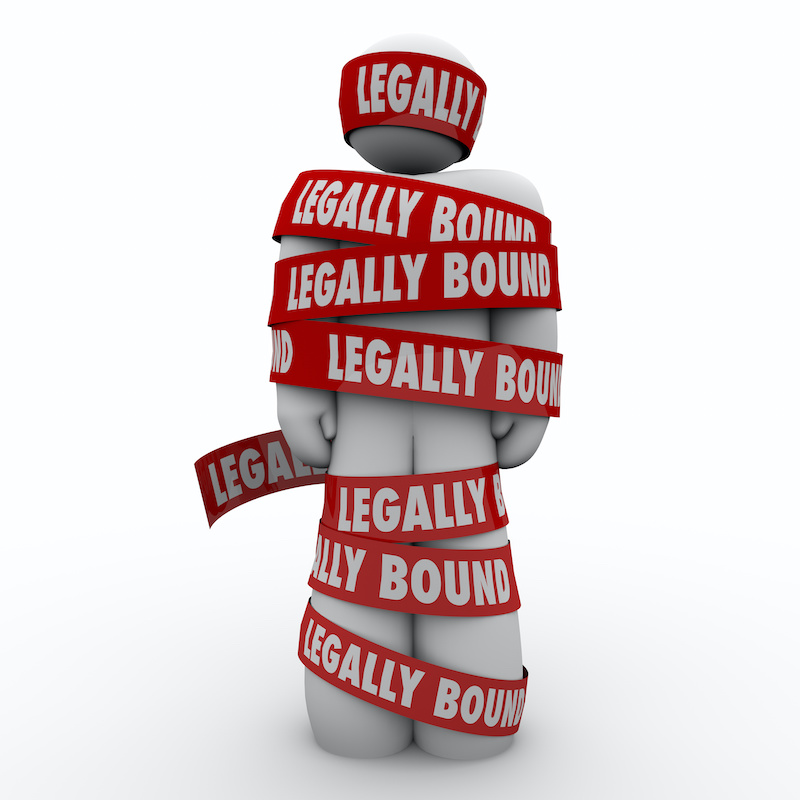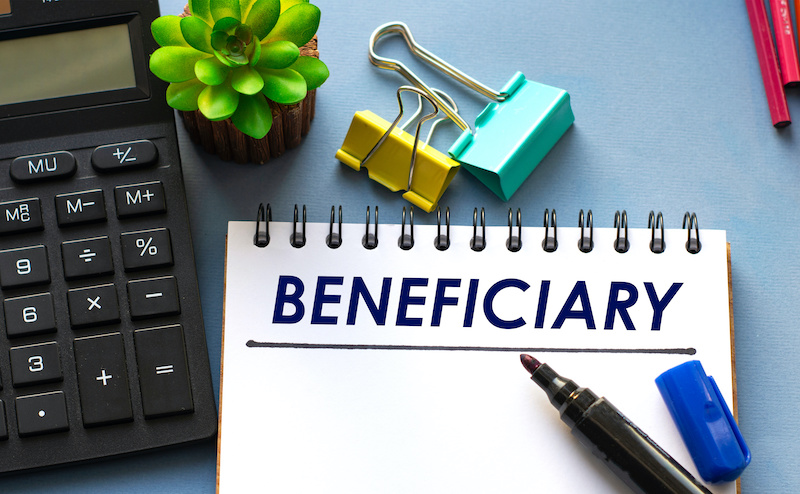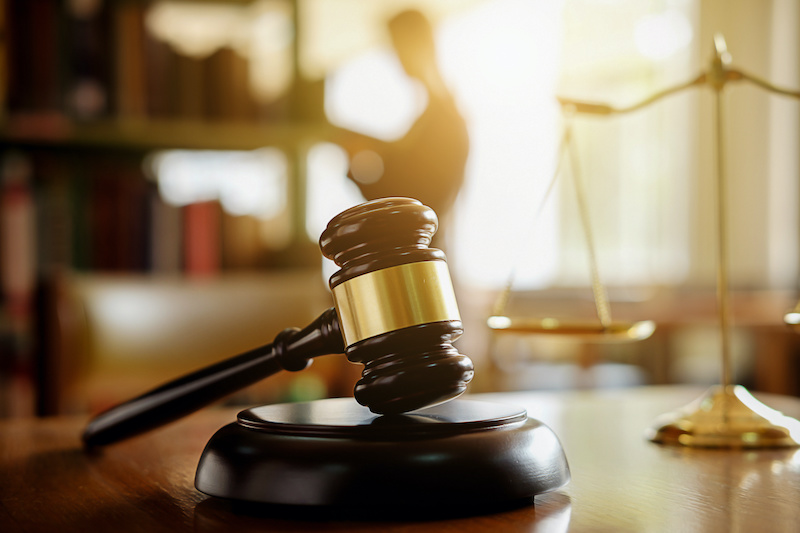
Legally binding when properly filled out, a will addresses who receives your assets and properties after you die. Yours names a personal representative (executor) who will carry out your directives. In addition to asset distribution, your executor makes a public notice of your death, files your final taxes, and records your will in probate court. If applicable, they contact your named guardian(s) to care for your minor children or other dependents.

Many online options exist for creating a Do It Yourself (DIY) document. However, what seems a straightforward process can be fraught with costly errors that will fall to your beneficiaries and devalue your estate. DIY paperwork can be a reasonable choice in some limited circumstances, but they require careful research to understand state-dependent laws to get things right.
Potential Problems with a Will
Not Legally Binding

Each state has different requirements which are not legally binding. Some basic premises hold, such as being over 18 and having a sound mind and body without being under undue influence or duress. Yet problems arise when overlooking fine print instructions.
Unclear

DIY wills are generic templates that offer little guidance about important details. Often, the person references a sibling without including their full name and residential address. There can be multiple brothers or sisters, and the court will not understand your intention.
Unenforceable
It is not permissible to put illegal or impractical conditions on your beneficiaries before receiving their inheritance. Each state has specific laws about what constitutes “illegal or impractical” conditions.

A Will and a Living Will Differ
A living will is an advance healthcare directive having nothing to do with disseminating property to heirs. If your end-of-life medical care wishes and subsequent funeral arrangements are noted, the information is unlikely to be read until after your death. A living will are completely different documents, but many people creating a DIY will mistakenly combine them.
A Will Does Not Control Everything

Not all property is managed or distributed properly. Assets with beneficiary designations are outside probate court controls. Instead, these assets transfer directly to the named beneficiary.
About Skvarna Law Firm in Glendora and Upland, California

Let a skilled attorney assist with your estate plan. So, contact us today to learn about your options (909) 608-7671. We operate offices in Glendora and Upland, California. Therefore, we provide legal services for individuals living in San Bernardino, Los Angeles, Orange, and Riverside Counties. This includes the cities of Upland, Ontario, Rancho Cucamonga, Fontana, Colton, Rialto, Chino, Chino Hills, Glendora, Claremont, Montclair, Pomona, La Verne, San Dimas, Azusa, Covina, West Covina, Diamond Bar, Walnut, La Puente, Corona, Norco & Mira Loma. Visit SkvarnaLaw.com to learn more.


